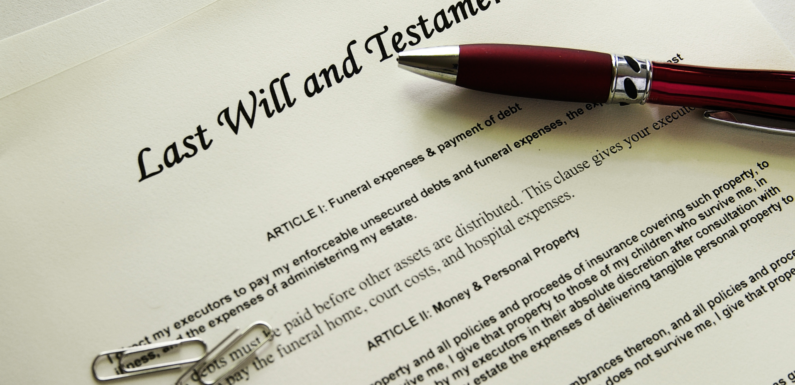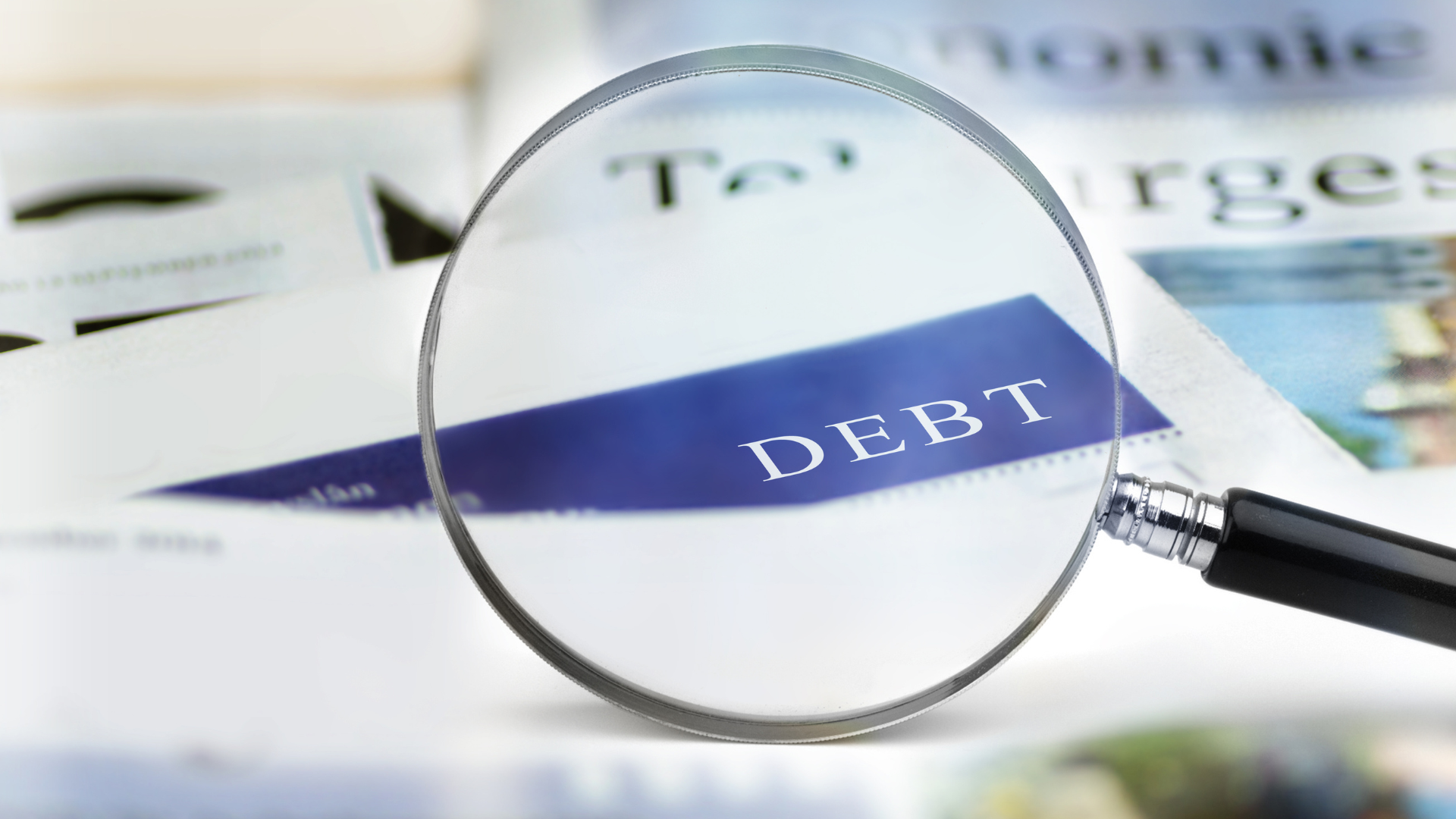
If you have just come into an inheritance, then you are probably wondering what the best way to invest it is.
Investing your money doesn’t have to be complicated if you are aware of your options and what will come along with them.
Today, we will discuss some of the best ways that you can invest your inheritance, what else you may want to do with it, e.g. create an emergency fund, and the tax implications around inherited money.

What Inheritance Taxes Do You Need to be Aware Of?
As nice as it would be to get a huge amount of money in your bank completely tax-free, there will still be some property taxes, inheritance taxes, and estate taxes that you might need to pay.
It can get quite complicated, so we will try and break it down for you in the best way possible.
Federal Estate Taxes
Federal estate taxes are about the taxes on the transfer of a person’s property after their death. The federal estate tax is only used on estates worth more than $12.06 million in 2022, but in 2023 it is now at $12.92 million.
When you inherit, you are not the one who has to pay estate taxes, it is the person’s estate that has to pay taxes.
These taxes are normally collected before the estate comes to you, so you don’t have to worry about paying income taxes on the estate as soon as you get it as it will all be squared away once it reaches its final destination – you.
However, when we take a look and inheritance tax, that is something different.

Inheritance Taxes
These types of taxes are, unfortunately, imposed after you have inherited the assets your loved one has left you in their will.
There is no federal inheritance tax that you have to pay, but in six states there is one, so you will need to check if your estate has these tax laws.
You may not have to pay the federal inheritance tax if you are a beneficiary, even if the person’s estate is in one of these states, it will depend, so you have to contact a tax professional to talk about this to see what the outcome may be and if you do in fact need to pay taxes.

Consult With Professionals
Before you get yourself worked up and you start going over what you will need to do, always speak to specialists in these fields first to see what the best course of action is.
After doing that, you may then want to discuss your next steps with a financial advisor who will be able to help you pick out what to do with your inheritance, putting you in a good position to open up lucrative investment accounts or retirement accounts that will benefit you down the line.

Taxes on Inherited Assets
If you inherit a Roth IRA (Individual Retirement Account), then any withdrawals are taxable income, just like you would get taxed with your normal income, you will be taxed with an IRA.
It is important to understand how you can pay extra taxes with some assets that you do get, especially if your loved one has multiple accounts or policies, so you will need to go over this with their estate to see where you stand and what the projections are.
What Else Can You Do With Inheritance Money?
Before we go into your investment opportunities, there are a few other things you can do with the money that you have coming to you which may suit you better than taking out mutual funds or putting your money into tax-advantaged retirement accounts.
Buy a New Home
With the inheritance funds at your disposal, you have the opportunity to purchase a spacious and luxurious home. There are many properties that you can look at online through listing sites, agent portals, and housing society websites. You could use Finlay Brewer here, to browse these listings, and filter by your preferences to find exactly what you’re looking for.
If the inheritance alone doesn’t cover the cost, you can consider selling your current home for cash. By combining the proceeds from the sale of your existing property with the inheritance money, you can secure a lavish new residence. To expedite the sale of your current home, you can explore options with home buyers who provide services such as “Sell my house fast,” facilitating a swift property transaction.
Give it Away
Do you have a friend in need? A family member who is trying to get on the property ladder?
If you do have a big payout, then you may want to think about putting some of that money to good use and helping others who might be looking for some aid.
You could also think about giving it to a charity of your choice and helping out those less fortunate.
Pay Off Your Debts
Many people struggle with debts throughout their lives, it is hard to not be in some form of debt in America, so if you have some outstanding debts that you would really like to pay off, then why not think about creating a clean slate for you to build on?

Start an Emergency Fund
So many things pop up here and there and it is a good idea to start off an emergency fund that can help with paying off things that come up.
Broken-down washers, cars, house repairs, and so on, can all be dealt with using emergency fund money.
Build Your Retirement Savings
You should also consider bolstering your retirement savings since your income may decrease after retirement. However, essential expenses like food, gas, medication, and the potential need for an in-home caregiver from a company like care for family will still need to be covered. Hence adding to your retirement fund could prove to be beneficial for you.
Save For a College Fund
If you think your kids will be off to college, then why not use this as a good way to start them off by creating a solid college fund for them to use when it comes time to send them off?

What Are The Best Ways to Invest Inheritance Money?
It is a good idea to speak with a financial advisor/financial planner first to help you see what you can invest in, for example, did you know that if you get a life insurance policy that death benefits are typically tax-free?
So, if you want to pass on your inherited money to someone else in your family, you will be able to send them the full amount from that life insurance if you use your inheritance for that.
You will still need to research that in depth to see if you are able to have this where you are, but it is something to think about when deciding about the future of your inherited money.

Exchange Traded Funds
Also known as EFTs, they share a lot of similarities with mutual funds as they are all about investing in a pool of stocks for diversification, the difference is that EFTs are liquid and you will see better returns if you keep hold of these funds for the long-term.
Index Funds
It is a type of mutual fund as well as an exchange-traded fund, that aims to provide broad returns by tracking a sector of the economy.
Real Estate Investment
Effectively utilizing inheritance money for real estate investment involves thoughtful planning. Assess your financial goals and risk tolerance. Consider consulting a financial advisor or real estate expert to develop a strategy aligned with your objectives.
Conduct thorough research into potential investment properties, placing emphasis on factors such as location, current market trends, and the potential for future appreciation. Decide whether your strategy involves purchasing land to construct rental properties with the help of experts at frenchbrothers.com or creating office spaces for lease. Engage in meticulous due diligence to guarantee well-informed choices.
Allocate your inheritance funds prudently, taking into account various aspects including property acquisition costs, potential renovation expenses, and ongoing maintenance outlays. Assessing these factors aids in crafting a robust financial plan.
Remember, whether you opt for residential rentals or commercial spaces, the key is to align your investment choices with your long-term objectives. Comprehensive planning, coupled with thoughtful consideration of market dynamics, will help ensure the successful and strategic utilization of your inheritance money for real estate investments.

Bonds
This is known as a secure way to invest your money, and whilst it is small there is more of a predictable return.
They can be used to hold money for the future or balance out some other assets in your portfolio that are seen as more volatile than your other investments.
Individual Stocks
These are classified as volatile investments which have a good potential for growth as well as loss so you have to sometimes take a chance with these kinds of stocks.
They are risky, but if you think that they would be of benefit to you and you want to try them out, then you will need to speak to a financial advisor about what the best one would be for you and what could potentially happen with your money down the road.

Conclusion
When it comes to inheriting money, it can be very odd to suddenly have all this money or new assets signed over to you.
Now is not the time to be reckless, you will need to think about what your next steps are and how you can use this money in a beneficial way that won’t create an issue for you as time goes on.
Always consult with professionals first before deciding on any course of action as they have the necessary years under their belt and expertise.
They will be able to guide you toward specific areas that can help you invest wisely and potentially add to the money you were given.
